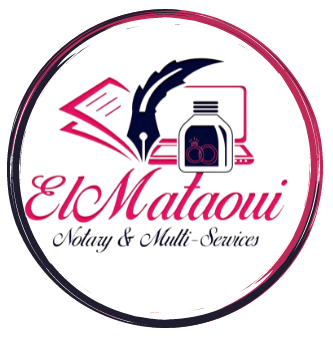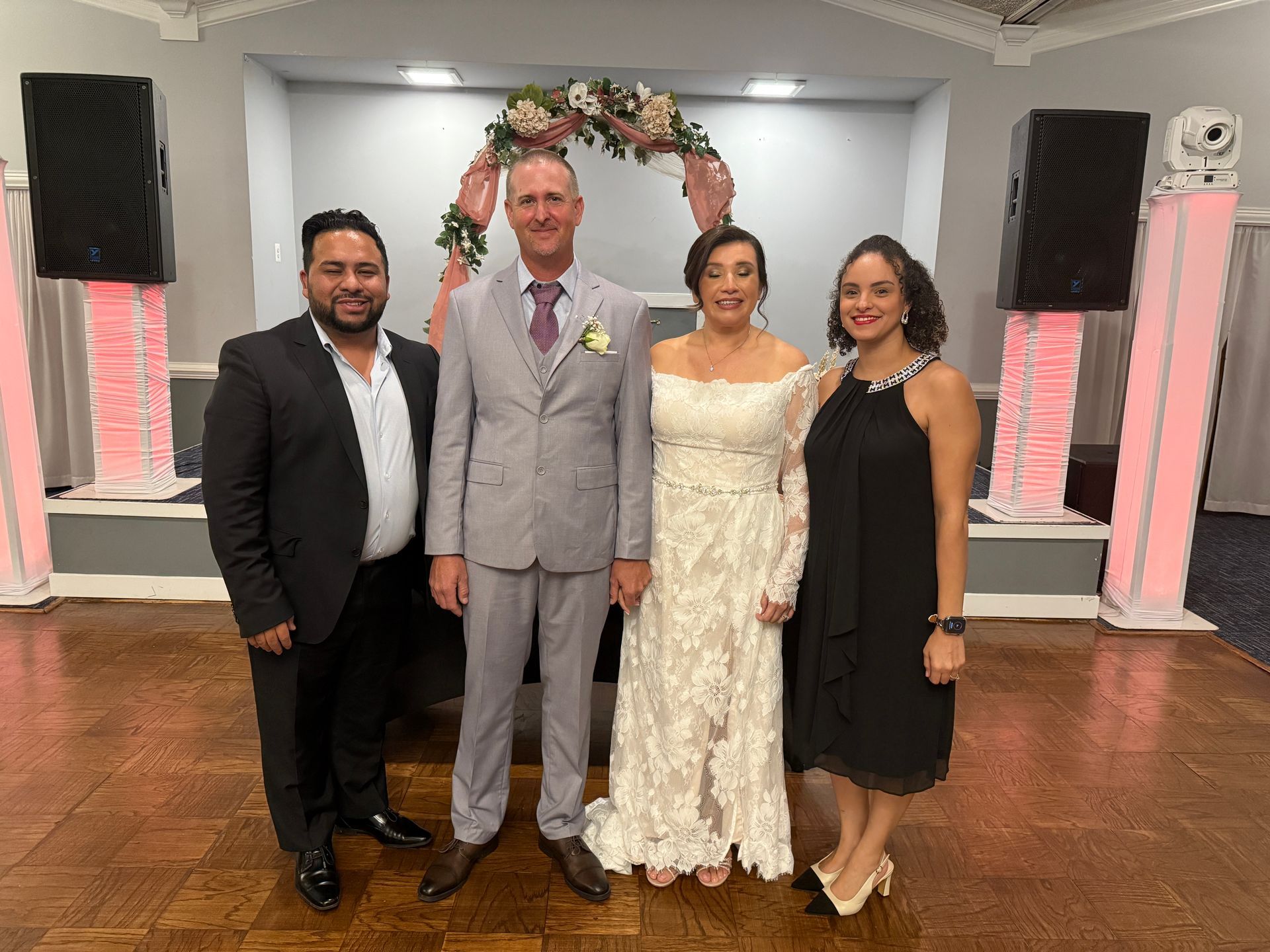When you come to us for notary services, it's essential that we verify your identity to maintain the integrity of the process. Here’s what you need to know about the types of identification we accept and what you can do if you don’t have a standard ID.
Bring a Valid Form of Identification
For most notarizations, you’ll need to present one of the following forms of ID:
- State-Issued Driver’s License: A common form of ID that provides proof of identity and residence.
- State-Issued ID Card: Ideal if you don’t drive but need official identification.
- US Passport: A federal document that verifies your identity and citizenship.
- US Passport Card: A compact alternative to the passport, great for domestic use.
- US Military ID Card: For active-duty military members, this card provides identity and status verification.
- Government-Issued Employment ID: Includes IDs from federal, state, or local government agencies, often with your photo and personal details.
What to Do If You Don’t Have Standard ID
If you don’t have one of these IDs and can’t reasonably get one, don’t worry. You can use credible witnesses.
Here’s how it works:
- Credible Witnesses: You can have credible witnesses—people who can swear to your identity under oath—attest to your identity. They’ll need to bring their valid IDs and vouch for you.
Special Considerations for Minors
If you’re helping a minor with notarization, they might not have traditional IDs. Acceptable forms of ID for minors include:
- Current Passport: If available, it serves as a reliable form of identification.
- Valid Driver’s License: If they have one, it can be used as proof of identity.
If minors don’t have these forms of ID, you can still use credible witnesses to confirm their identity, just as with adults.














